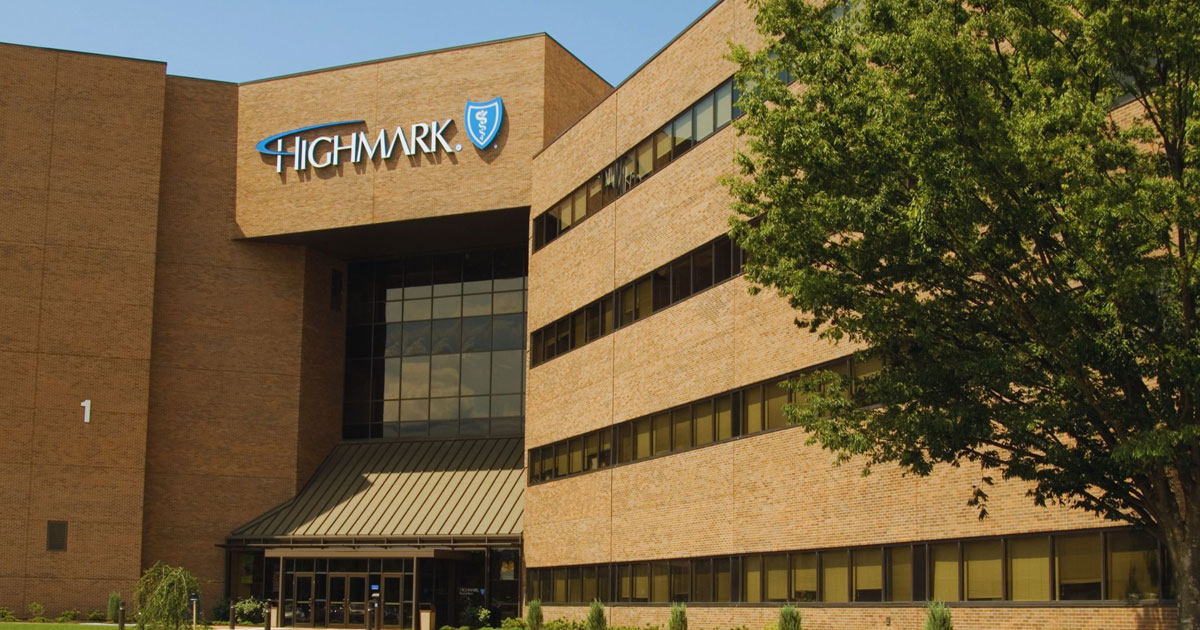 Photo from Recovery Cope
Photo from Recovery Cope
Originally Posted On: https://recoverycovepa.com/blog/recovery-cove-highmark/
At Recovery Cove, we’ve worked diligently with our clients in Easton, PA, to get them the resources and treatment needed to help them recover from substance use disorder (SUD). We value the health and safety of our clients, and we’re always looking for ways to improve the mental and physical well-being of individuals in our state as well as across the country. As an extension of our work to help those with SUD, we’re proud to announce that we’ve partnered with Highmark Blue Cross Blue Shield.
This new partnership allows us to offer forms of substance abuse treatment at a fair price to additional people struggling with the effects of SUD. Those with Highmark insurance can now visit our recovery center and begin their journey toward a brighter future.
About Highmark Blue Cross Blue Shield
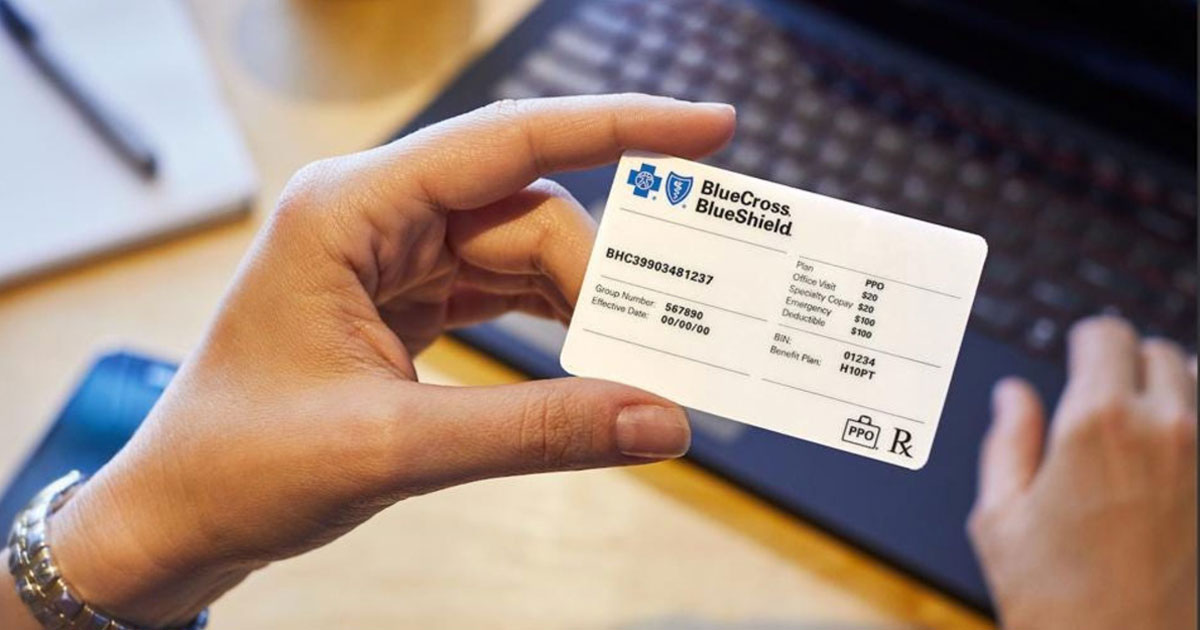
Highmark is an independent licensee of Blue Cross Blue Shield. The company provides health insurance to over six million individuals in West Virginia, Delaware, New York, and Pennsylvania. Pennsylvania alone has nearly 4.7 million people who are covered under Highmark insurance.
Highmark has facilitated the provision of health care to Pennsylvania’s residents since the 1930s. After some time, two new organizations were formed to continue to help residents pay for medical and hospital services: the Blue Cross of Western Pennsylvania and the Pennsylvania Blue Shield. In 1996, these two organizations merged, forming Highmark, Inc. Currently, Highmark is considered one of the largest health insurers in the nation.
Over time, new developments occurred at Highmark, including the creation of a children’s health insurance program and a comprehensive health program that predated the existence of Medicare. Highmark believes in working with local communities to create long-lasting and effective partnerships in the healthcare field.
Highmark aims to be a leader in the health insurance field by focusing on integrity, courage, innovation, and trust, all to work towards their goal of creating “a remarkable health experience.” This experience enables people to live their best lives with the comfort of knowing medical care is there when they need it. The company believes in reinventing healthcare so it can be embraced by everyone in the nation. To do so Highmark places its customers’ needs first while collaborating with others to achieve success.
About Recovery Cove
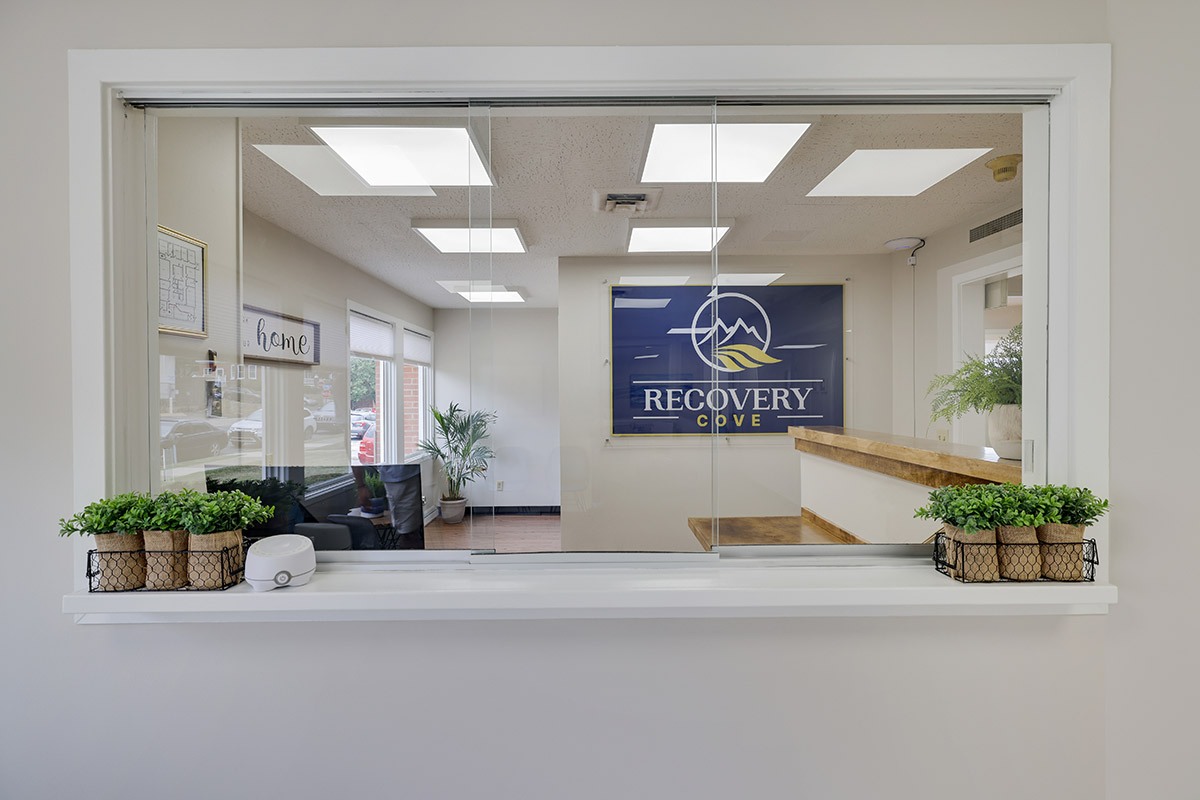
Recovery Cove is a substance use disorder addiction center located in Easton, Pennsylvania, with a focus on treating the whole person and not just the symptoms of SUD. Put another way, the focus is on healing the individual, not dwelling on past mistakes they made. Recovery Cove’s program utilizes proven therapies and instills lifelong techniques clients can adopt to prevent relapse, conquer cravings and impulses, and manage mental health conditions such as depression and anxiety.
Recovery Cove aims to help clients develop a compassionate and encouraging support system that helps rebuild a path to a positive and fulfilling life. SUD impacts far more than just the person with the addiction – that’s why Recovery Cove works to assist clients on their journey, as well as strengthen their relationships with their friends and families. We also provide addiction recovery resources, tools, and aftercare to aid those in need.
Recovery Cove offers several different programs for individuals struggling with substance use disorder:
Outpatient Treatment Programs
Our outpatient treatment programs provide flexibility to clients who may have a busy schedule, work, school, or family commitments. Residential programs may be a poor fit for some clients, and outpatient services allow them to manage their routines while continuing to work toward recovery.
There are three specific outpatient treatment programs Recovery Cove offers:
Outpatient Program (OP)
Traditional outpatient programs are the least restrictive of the programs we offer. Clients may only need to spend time at our facility up to two times a week for a few hours at a time. Treatment is focused on reinforcing previously-taught techniques versus less intensive learning.
Intensive Outpatient Program (IOP)
While the IOP is stricter than a traditional outpatient program, clients still retain many freedoms not possible with an inpatient program. In an IOP, a client may only need to visit us three to five days a week for a few hours at a time. This allows us to provide a treatment plan that doesn’t interfere with the client’s normal routine. IOPs can occur during the day or at night, depending upon the individual treatment plan created. IOP is also recommended during the transition from an intensive program to life outside of treatment.
Partial Hospitalization Program (PHP)
This program is much more intensive than other outpatient programs, though clients won’t need to reside at a facility as with an inpatient program. Partial hospitalization programs are often full-day programs that include multiple types of therapies, such as family, group, and individual counseling. PHP also involves addiction education sessions, all designed to promote a healthier lifestyle and keep clients sober.
Therapy
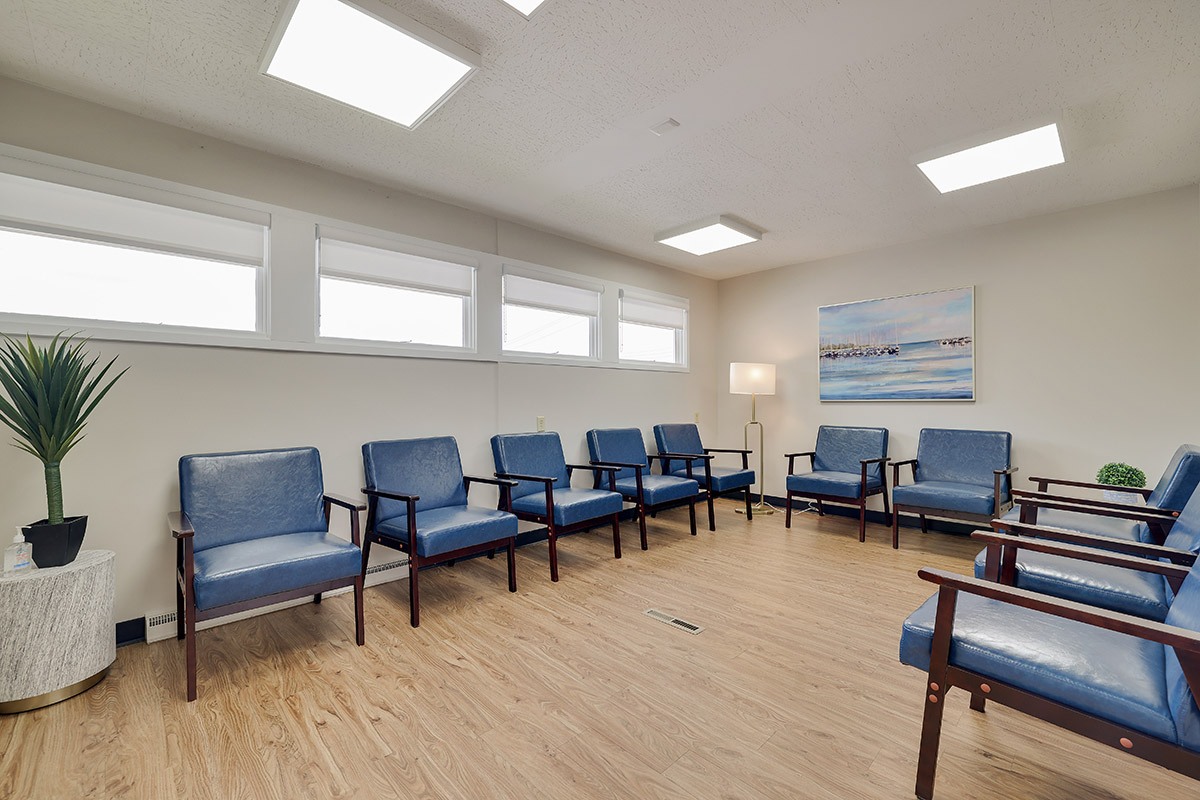
For individuals with SUD, therapy allows them to open up about their issues and needs and work toward finding healthier alternatives.
This therapy comes in three primary forms: individual, group, and family.
Individual Therapy
Individual therapy involves the use of cognitive behavioral therapy (CBT), which allows the client to look more closely at their thoughts and behaviors to try to change them into more positive ones. Psychotherapy can also be employed to help clients change how they approach stressful scenarios. By assessing the individual’s needs and applying therapeutic techniques that focus on the unique individual, they are less likely to relapse.
Group Therapy
Group therapy allows clients to connect with others who are struggling with the same disorder. While the conversations and techniques used are similar to those in individual therapy, building a social connection with others can make the treatment experience more positive for clients. Some popular adjunctive group sessions to consider outside of official group therapy meetings include 12-step programs and other helpful workshops.
Family Therapy
Family and couples therapy allows loved ones to get involved with the client’s recovery. This is, of course, because SUD affects the individual’s entire support network. With key loved ones involved in the therapeutic process, they can create healthier strategies for dealing with the stressors of SUD.
Other forms of therapy are also practiced at Recovery Cove, and we can help you determine which one best suits your needs. Therapies may include medication therapy, meditation and mindfulness, recovery yoga, and more.
Medication-Assisted Treatment (MAT)
While Recovery Cove has practiced MAT for many years, we hope to make this treatment option more accessible to those with Highmark insurance. The more someone misuses a substance, the more their brain chemistry changes. These changes can cause severe withdrawals once the substance of choice is no longer available, which can lead to relapse. MAT programs can help ease withdrawal symptoms and provide the medication support individuals need to continue recovery.
Through FDA-approved medications and behavioral therapies, clients can feel more comfortable while withdrawals and consistent urges to use substances cease. MAT is especially useful for treating opioid use disorder. Clients have reported improved mental state, improved mental processing, decreased relapse rates, and improved coping mechanisms. Recovery Cove can evaluate your condition and determine if MAT may be a good fit for you.
Dual Diagnosis
Many people struggle with achieving recovery and succumb to relapse. Others never make it to rehabilitation. Aside from an addiction to one or more substances, a significant percentage of those struggling are dealing with a mental disorder as well.
A person struggling with both a mental disorder and a substance addiction needs dual diagnosis treatment. This type of treatment seeks the end goal of recovery while individually addressing both mental disorders and substance use. Dual diagnosis refers to the presence of two diagnoses, at once; it can be used to reference the special care necessary for treating SUD and other mental health disorders.
How Does This Collaboration Impact Clients?
Treating SUD and other mental disorders is crucial to private and public well-being. For individuals with SUD, gaining access to resources and treatment programs allows them to begin the path toward recovery. For their loved ones, their relationships with the individual can be repaired during recovery, allowing all involved to access a healthier, happier future. Insurance coverage exists to make healthcare, including mental health and SUD treatment, more affordable. Quality insurance covers several treatment options and programs for SUD, making recovery more accessible to those who may not have considered it due to budget constraints.
If you or a loved one are struggling with SUD, you are protected against discrimination under Pennsylvania law. As a result, you can still qualify for insurance, including with Highmark. There are several key factors to consider when seeking SUD treatment with insurance coverage.
Rehab
As of 2010, mental health and addiction services are considered essential health benefits. Rehab in a SUD recovery facility is often covered by insurance. If you’re considering rehab as part of your recovery journey, our partnership with Highmark will be extremely beneficial.
Other Treatments
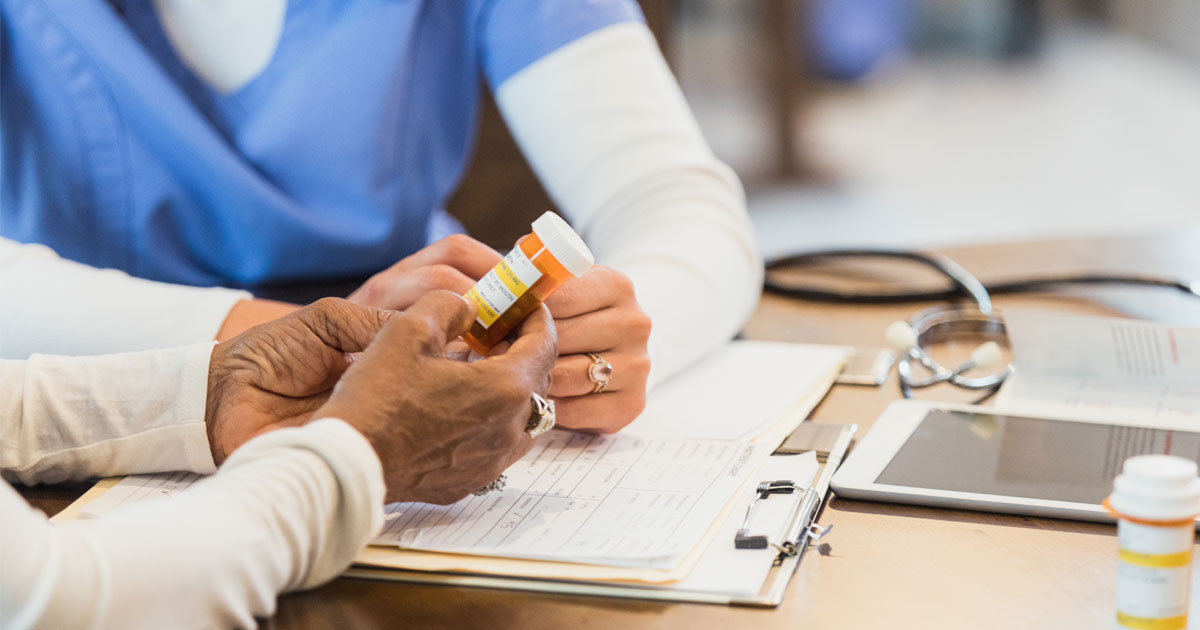
If you’re insured under Highmark, you’ll have access to more treatments, many of which we offer in our facility.
These can include:
-
-
- Medication
- Family counseling
- Home health visits
- Outpatient treatment
-
With the implementation of the Affordable Care Act of 2010, SUD treatment programs must be as complete as other procedures or services, such as surgery for a physical illness.
How Does the Highmark Partnership Affect Your Current Insurance Plan?
Whether you’re considering enrolling in a Highmark insurance plan or you already receive your insurance coverage from Highmark, it’s recommended to ask about your insurance plan and how it affects treatment at Recovery Cove. You can ask your insurance provider about your monthly premiums, limits on your coverage, and more. Both Highmark and Recovery Cove want to make the best care accessible to those who need it, and if you’re ever unsure about a policy, don’t hesitate to reach out.
If you still have uncertainties regarding your health insurance coverage, you may want to contact the Pennsylvania Insurance Department. Determine whether you have insurance via your employer, ask about your deductible, and inquire regarding coverage of substance use disorder treatment. Once you have all the information, you can work with Highmark and Recovery Cove to create a comprehensive treatment plan you can afford.
Recovery Cove and Highmark: The Future of Addiction Recovery
With this new partnership between Recovery Cove and Highmark Blue Cross Blue Shield, Pennsylvanians who are struggling with SUD can now look forward to the future. Both Recovery Cove and Highmark are well aware of the critical nature of mental and physical health, especially as they pertain to opioid addiction and other substance use disorders, and by partnering with one another, we can provide essential treatment to more people than ever before.
For more information about Recovery Cove and how we can help, contact us today.
